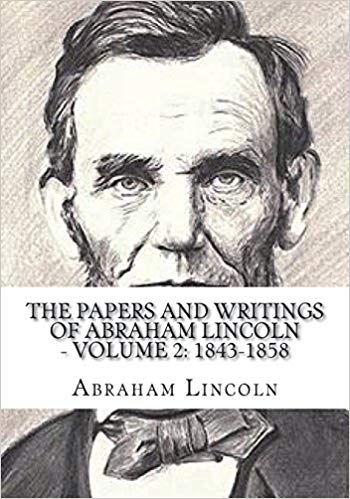Discourse on Metaphysics and the Monadology
by G. W. Leibniz
2020-07-18 23:17:26
Discourse on Metaphysics and the Monadology
by G. W. Leibniz
2020-07-18 23:17:26
One of the 17th century's most important thinkers, Gottfried Wilhelm Leibniz exercised enormous influence on the philosophy of Herder, Feuerbach, and Hegel as well as on the writings of Schiller and Goethe. Two of Leibniz's most studied and often quo...
Read more
One of the 17th century's most important thinkers, Gottfried Wilhelm Leibniz exercised enormous influence on the philosophy of Herder, Feuerbach, and Hegel as well as on the writings of Schiller and Goethe. Two of Leibniz's most studied and often quoted works appear in this volume: Discourse on Metaphysics and The Monadology.
Published in 1686, the Discourse on Metaphysics consists of Leibniz's expansion of a letter to his theologian friend Antoine Arnauld, in which he explains that through our perceptions we express the rest of the universe from our own unique perspectives. The whole world is thus contained in each individual substance as each represents the same universe and "the universe is in a way multiplied as many times as there are substances, and similarly the glory of God is redoubled by as many completely different representations of His work." It is here that Leibniz makes his famous assertion that God, with perfect knowledge and goodness, freely chose to create this, the best of all possible worlds.
The Monadology, written in 1714, offers a concise synopsis of Leibniz's philosophy. It establishes the laws of final causes, which underlie God's free choice to create the best possible world -- a world that serves as dynamic and perfectly ordered evidence of the wisdom, power, and benevolence of its creator.
Less













.jpg)













.jpeg)



